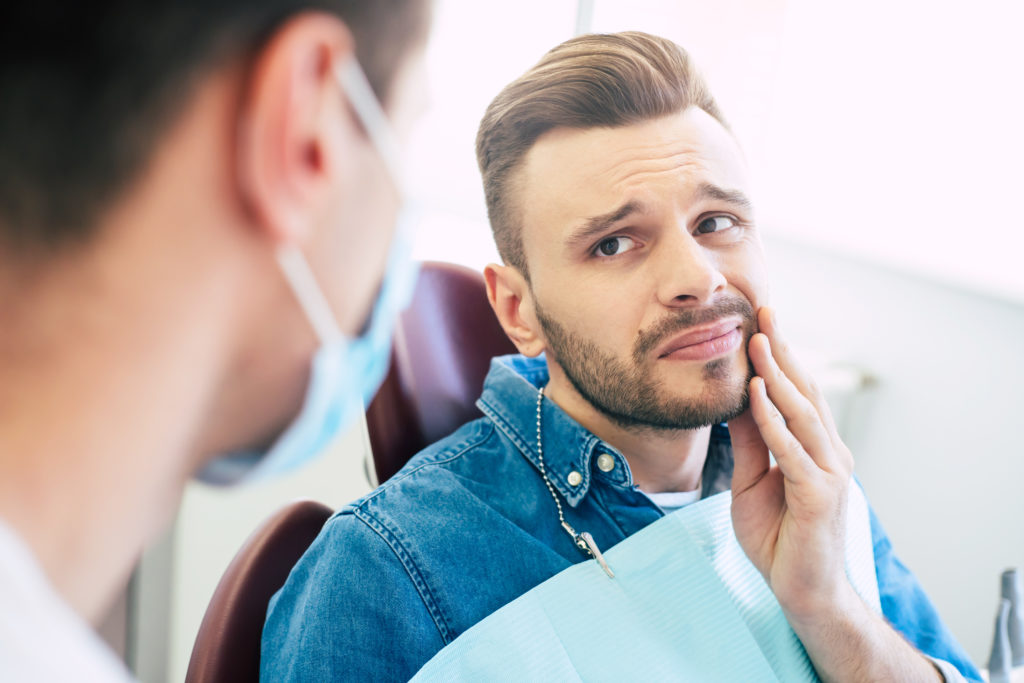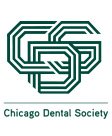
It used to be when you got a toothache, an antibiotic was instantly prescribed by the dentist. However, a new recommendation has been released by the ADA. They say, in most cases, antibiotics should not be given for tooth pain. The reason being is that antibiotic resistance is on the rise.
Treat The Source
The best solution is to treat the source, which is the tooth. If there is decay, treat the decay. When a tooth needs to be extracted, extract the tooth. The ADA recommends treating the source. Then manage pain with over the counter pain medications like acetaminophen and ibuprofen. In certain cases of swollen lymph nodes and fever, the source has expanded and has become systemic. In these cases, an antibiotic may be recommended depending on the patient.
Evidence
Studies have shown that antibiotics do very little to treat pain. Instead of relieving pain, they are treating bacterial infections, killing the source of infection. They are great medications. However, overuse will create resistance, which is what the ADA is trying to avoid. Another study reports, failing to address the problem of antibiotic resistance could result in 10 million deaths by 2050. Taking antibiotics only when prescribed will keep you healthier in the long run.
Side Effects
Antibiotics are strong medications and can cause unwanted side effects. Yeast infections, nausea, vomiting, and diarrhea are some of the most common side effects of antibiotics. More serious side effects could include Clostridium difficile-induced colitis (C-diff), kidney failure, and anaphylaxis.
What To Do For Tooth Pain?
So, we know that antibiotics will probably not be prescribed. But what can you do when you have a toothache then? First, make sure you are up to date on your regular dental cleanings and exams. At the very least, a dental examination should be done once a year. To prevent pain, it’s best to take care of any dental issues right away.
If the doctor informs you of a cavity, be sure to schedule for the restoration as soon as possible. It is not wise to put off dental treatment. By doing so you could allow the issue to get bigger and thus become more painful. Talk with the doctor about their recommendations for pain management. They will discuss your concerns and give their best recommendation.
Do not hesitate to call for an evaluation. Our doctors at the Dental Store are available for emergency appointments. We are here for you and keeping you pain-free is our top priority.




